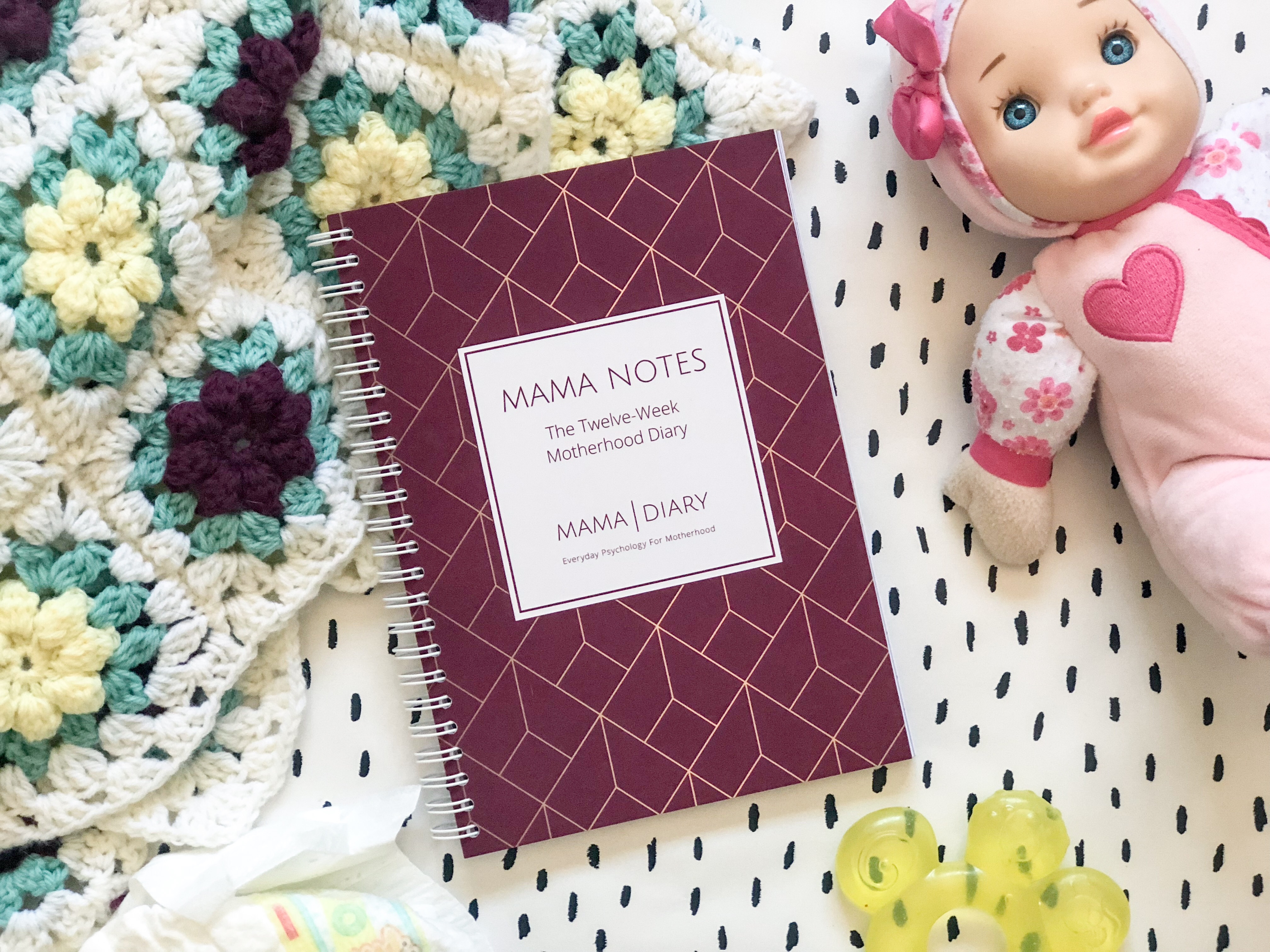Motherhood is full of wonderful moments, and whether this is your first baby or fifth, you are setting out on a very special journey with this little one in your arms. It is, however, fair to say that there are plenty of challenges ahead. Amongst the joy and cuddles, there are ups and downs, huge adjustments and overwhelming emotions. It’s very common to feel low, overwhelmed, worried or downright terrified.
The first twelve weeks of a baby’s life has been termed by Dr Harvey Karp, a paediatrician, ‘the fourth trimester’, to account for the intense needs that a newborn baby has during this time. Adjusting to life outside the womb for babies is a gradual business, and for new mums, the acknowledgement of a fourth trimester can be helpful too. You are no longer growing a baby as such, but your body is recovering from pregnancy and birth, and you are psychologically adjusting to becoming a mother and responding to your baby’s needs. Your mental health in the first few weeks of motherhood can be put under strain, and it is important to look after your emotional wellbeing. Here are some simple steps you can take to help look after your mental health during the first few weeks of motherhood.
Making your nest
It’s important to make yourself feel as comfortable and safe as possible, whether in hospital for a little while or back at home. Follow these simple steps to make your nest.
- Are you warm enough? Using blankets, throws and dressing gowns in colder weather can help to create a warm, comforting environment.
- Are you cool enough? If it’s roasting outside, make sure you have the windows cracked open and have plenty of cool drinks. It might be worth investing in a fan to help cool your room down.
- What would you really like to snack on? Can you ask someone to bring round a bag of treats? A bit of what you fancy will go a long way. Remember to drink lots of water. This will help your recovery and also help with feeling more awake. Get someone to stick a slice of lemon and some ice in it if that helps to get it down.
- Think carefully about the people you want around you. It is perfectly reasonable to say you would prefer no visitors for the first week or two. People will understand. Having family and friends come over and meet the new arrival is wonderful but can also tire you out, which can quickly spiral into you feeling overwhelmed. You need visitors to help reduce your stress levels, not increase them! Make sure any visitors know that you need them to keep their visits short.
Sleep
Sleep deprivation has been used as a form of torture for centuries, and as a new parent it soon becomes clear why! Anyone subjected to lack of sleep over a period of time is going to start feeling the effects; anxiety, irritability, low energy and low mood are common. The sleepless nights won’t last forever, but it’s important to get some rest whenever you can. This may be easier said than done, but here are a few ideas:
- If you’re breastfeeding, try to see this as your sole job for the first few weeks. Try to get as much of the other stuff as possible delegated to someone else or temporarily off the to-do list.
- Sleep when the baby sleeps: if you can do it, perfect! However, a more realistic approach may be to just try to rest. If you’re on your own, and the baby is happy to nap in their crib or bassinet, try to lie down in the same room as them, close your eyes and take some deep breaths.
- If someone else is around, ask them to take the baby between feeds once or twice a day, and go and lie down on your own. It may help to put earphones in and listen to music or a podcast to help you relax.
Getting Support
‘It takes a village to raise a child’ is an oft-used phrase to describe the social and practical support that you need as a new parent. However, especially in Western societies, we’ve lost the norm of living near our extended families, having moved away to study or work. It’s not uncommon nowadays for a new mum to be living away from her parents, siblings and friends. It’s helpful to remember that, evolutionarily-speaking, humans are designed to raise our children in large family units, so if you feel like you are struggling without much help this is totally normal. It’s not you, it’s society! So, what can you do about it?
- Don’t refuse offers of help. You may get offers of making meals, taking the baby for a while so you can rest, cleaning the kitchen etc. Accept these offers as often as you can!
- If you can afford it, buy in some help. This may be a whole week’s worth of ready meals, help with the cleaning, the laundry, or even walking the dog.
- Lower your standards. It doesn’t help when you are sleep deprived, not feeling your best, to look around your home and feel as though you are neglecting it. Another source of the never-ending mum guilt! Agree with your partner to let your standards relax a little. Honestly, anyone visiting you will only care about getting a chance at cuddling the gorgeous new baby and will see past the mess!
Consider your expectations
No matter what our expectations of motherhood were, the reality is often much harder than we thought. We are often bombarded by images of beautiful babies and serene mothers, and well-intentioned comments like ‘cherish every moment,’ and ‘motherhood is the most natural thing in the world.’ This can undermine the struggles that new mums face, and leave you feeling as though you aren’t doing a good enough job.
Mama, it’s OK…
…if you haven’t experienced the ‘rush of love’ that some women experience. Truly bonding with your baby can take time.
…to not be ‘cherishing every moment’. Cherishing a few moments per day is probably more realistic!
…to be a good enough mum. The perfect parent doesn’t exist.
…to do things your way. Nod and smile at the advice, and then go ahead and do what you feel is best.





2 comments
Extremely useful advice thank you. Wish I could have hard this before the baby arrived.